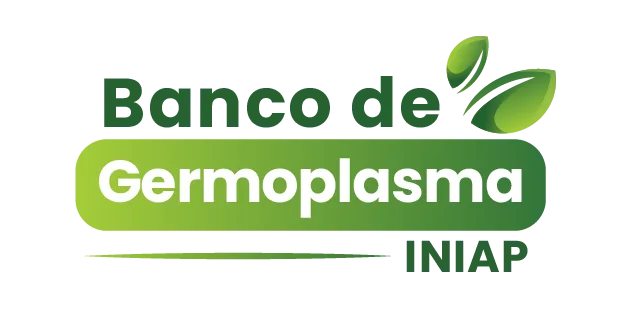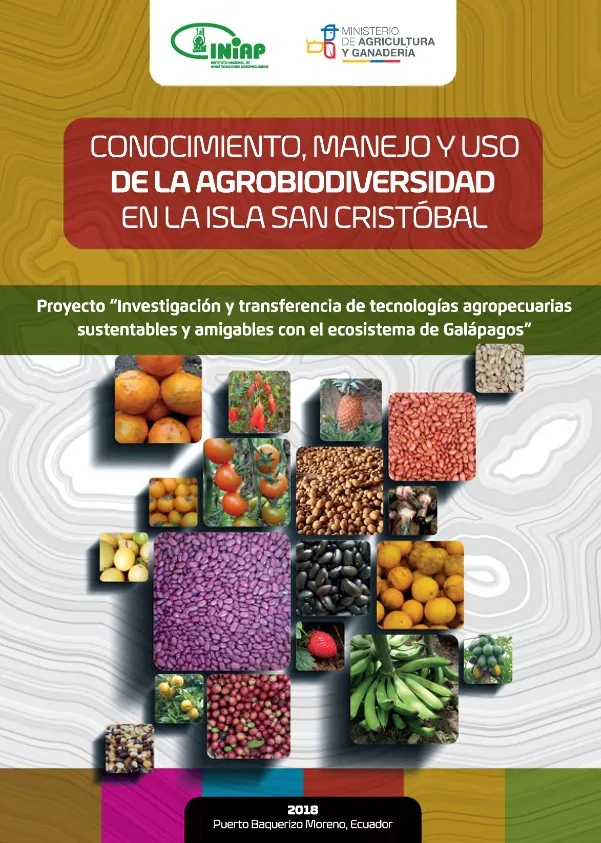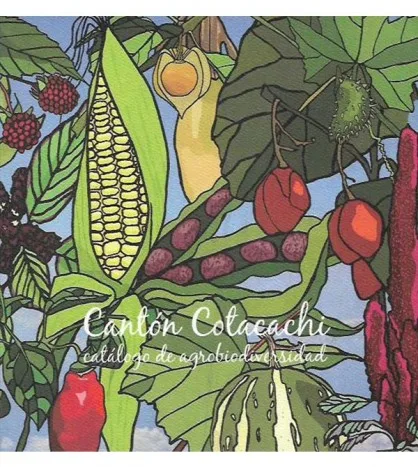ACQUISITION
The main reason for acquiring germplasm is to ensure sufficient availability of diversity to meet current and future needs. The acquisition is carried out in two ways: 1) collection of germplasm, 2) acquisition from other institutions, in compliance with existing laws on access to genetic resources (ITPGRFA, Decision 391, Nagoya Protocol) and seed import regulations (phytosanitary controls).
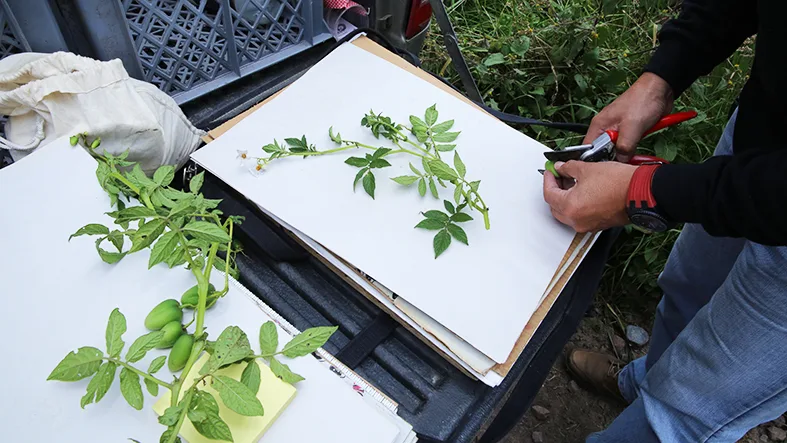
GERMOPLASM COLLECTION
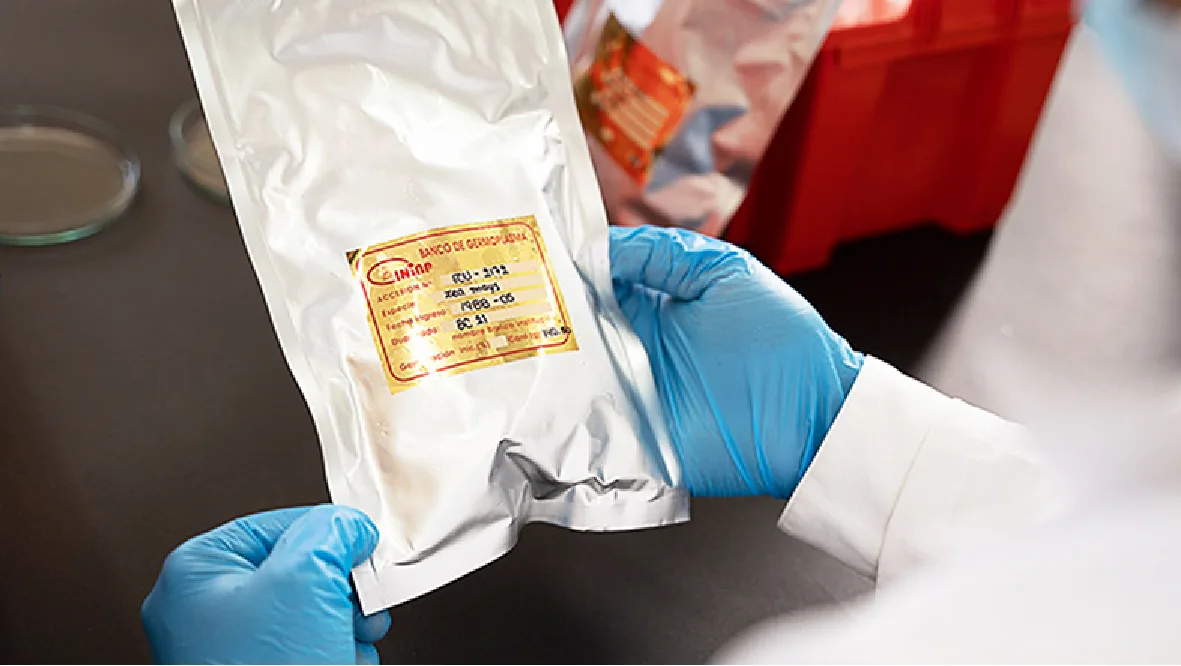
ACQUISITION FROM OTHER INSTITUTIONS
INVENTORIES
National inventories are based on a list of priority taxa, supplemented with information that enables the assessment and monitoring of biodiversity and the planning of appropriate conservation measures.This information allows us to guide the actions of policy makers, conservation specialists, plant breeders and other user groups.
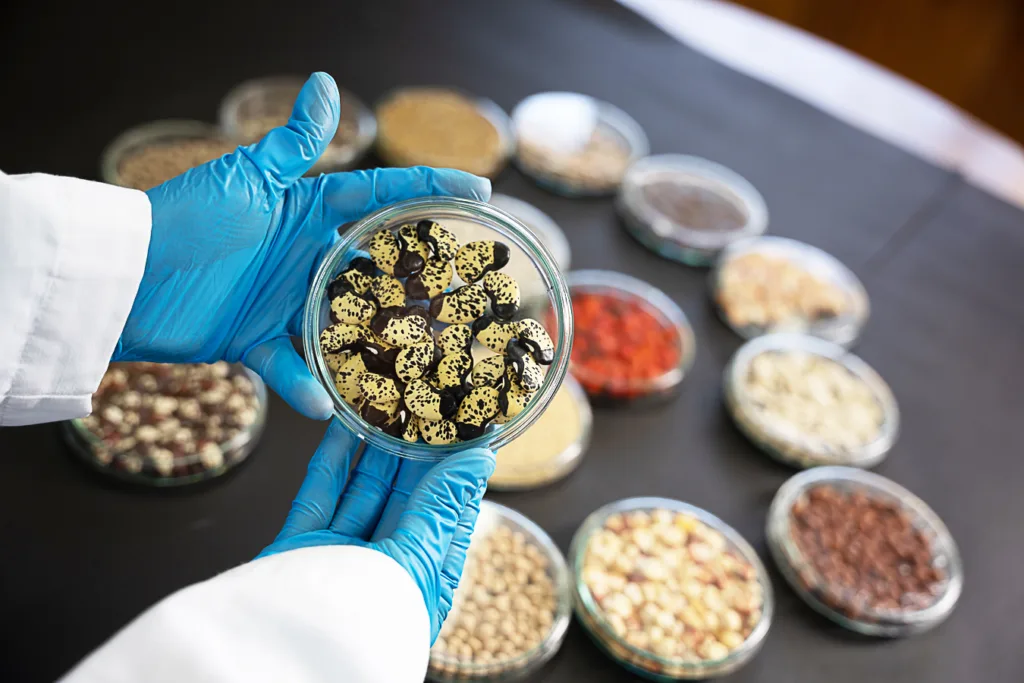
ACHIEVEMENTS
PUBLICATION OF THE BOOK "CONOCIMIENTO, MANEJO Y USO DE LA AGROBIODIVERSIDAD EN LA ISLA SAN CRISTÓBAL " (Spanish version)
This book represents a fundamental contribution to the knowledge and conservation of plant genetic resources of San Cristóbal Island. Through an exhaustive study, it was achieved:
- A detailed inventory of the agrobiodiversityagrobiodiversity present on the island.
- Characterize the profile of farmers who conserve these valuable resources for food and agriculture.
- Document local knowledge, management and use of crops on agricultural farms, strengthening the preservation of island biodiversity.
This publication not only contributes to the sustainability of island agroecosystems, but also recognizes and makes visible the key role of farmers in the conservation of agrobiodiversity.
“CATÁLOGO: AGROBIODIVERSIDAD DEL CANTÓN COTACACHI” (SPANISH VERSION)
This catalog showcases the agricultural richness of the Cotacachi county, especially traditional crops such as maize, beans, sambo, achogcha, and several Andean fruits.
The document also highlights the people contributing to the conservation of this important diversity, the local common names of the crops, their scientific names, and morphological characteristics that can serve as a reference for identifying these crops in other locations.
GERMOPLASM COLLECTION
DENAREF has been developing a continuous and systematic work of collections of plant materials to prevent genetic erosion.
The focus of the missions is:
1
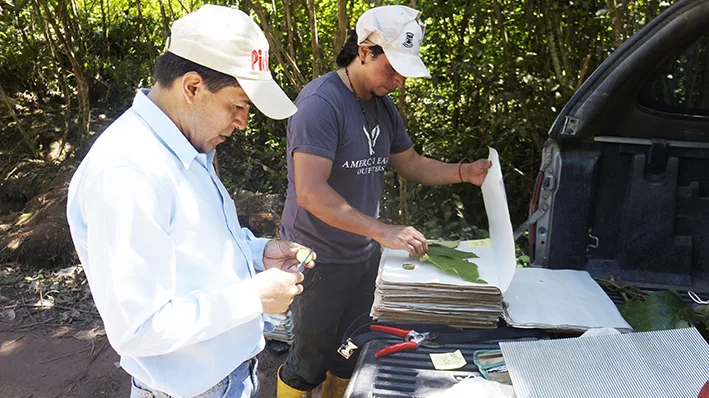
PREVENT GENETIC EROSION
2
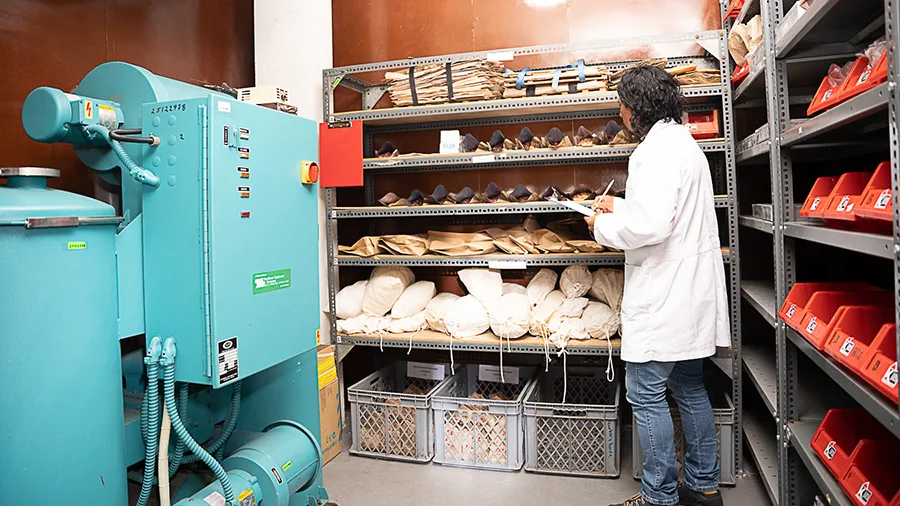
IMPROVE THE REPRESENTATIVENESS OF COLLECTIONS
3
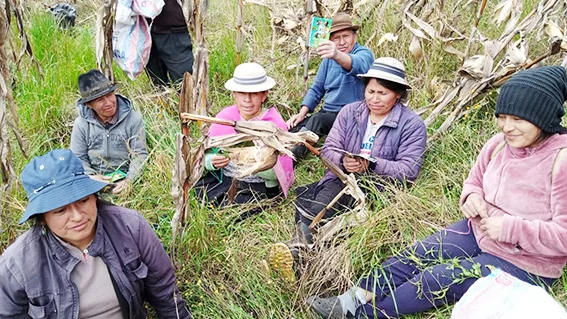
SAFEGUARD THE COUNTRY'S BIODIVERSITY
ACHIEVEMENTS
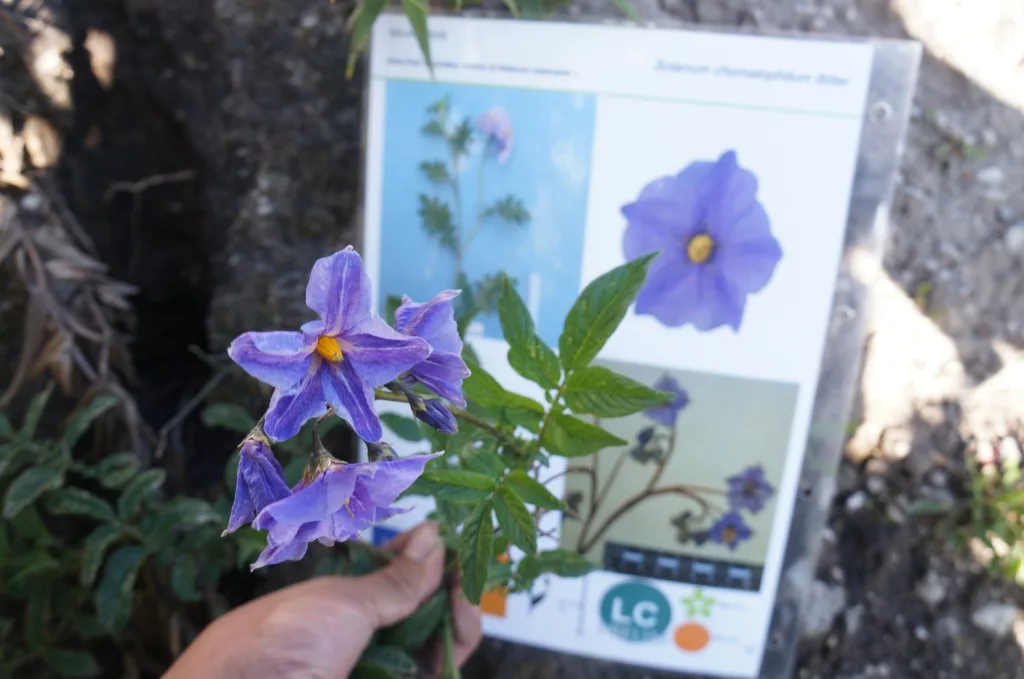
With funding from the Global Crop Trust in the period 2015-2018, nine collection missions were carried out in the Andean highlands, Coast and Amazonia regions collecting 64 germplasm accessions of 12 wild species related to potato, rice, eggplant, lime bean and sweet potato.
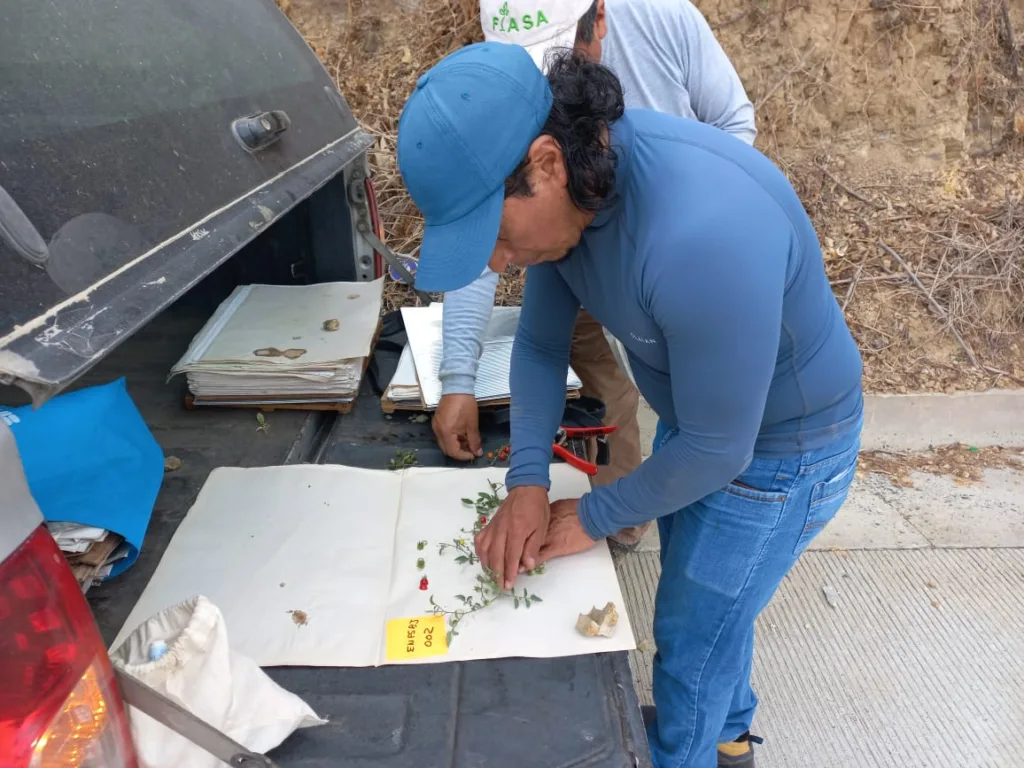
Through the FIASA project, in 2024, 107 accessions of wild species related to tomato (Solanum pimpinellifolium, Solanum habrochaites y Solanum neorickii) were collected.
![]()
